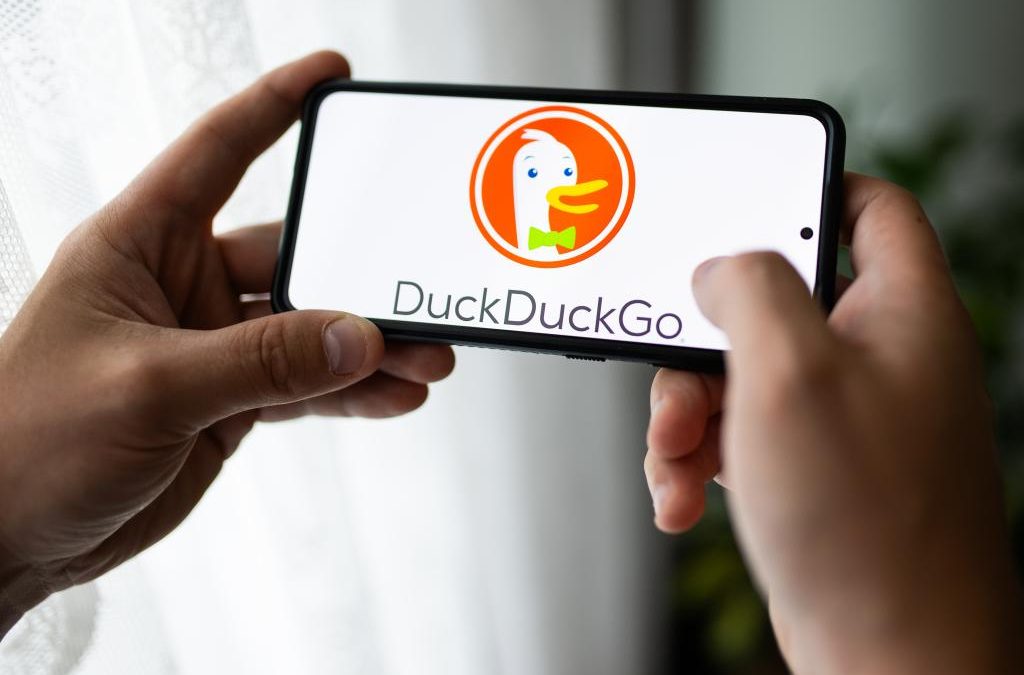The founder of privacy-focused search engine DuckDuckGo grumbled about how difficult it is for users to switch their default service from Google while testifying at the Big Tech firm’s landmark antitrust trial on Thursday.
Gabriel Weinberg — whose company has only 2.5% of the US market for online search, compared to Google’s 90% — blamed DuckDuckGo’s struggles to gain traction on its rival’s status as the default option on many smartphones and mobile devices.
“Switching is way harder than it needs to be,” Weinberg testified, according to Bloomberg. “There’s just too many steps.”
Weinberg added that DuckDuckGo “generally saw a lot of interest” from companies when it sought default status for its own engine, but failed to make any headway because Google was already paying top dollar for the prime position.
“We ultimately decided, this was after three years of trying this, that this was a quixotic exercise because of the contracts,” Weinberg said.
Weinberg’s testimony backed a key argument for the Justice Department, which has alleged in the week-old trial that Google leveraged more than $10 billion in annual payments to phone makers and mobile carriers to build an illegal monopoly over online search.

In a 2020 blog post, DuckDuckGo publicly blasted Google, asserting that it took at least 15 clicks for an Android phone user to switch their default search engine.
Weinberg testified that Google is “far and away” the biggest competitor for DuckDuckGo.
Google has argued that users opt for its service because it is a high-quality product, shooting down claims that it’s too hard for smartphone users to switch the search defaults.
Google attorney John Schmidtlein argued last week that it took “literally four taps on the phone” to change the default search engine on Apple’s Safari browser.
A pair of high-profile Apple executives, services chief Eddy Cue and artificial intelligence head John Giannandrea, are set to testify in the coming days.
Google’s reliance on default status has emerged as a key point of contention in the government’s case to prove the tech titan has a monopoly over search.

Earlier this week, a top Verizon executive testified that the company didn’t bother to solicit other bids before sealing a recent deal to keep Google as the default search engine on its phones.
Behavioral economist Antonio Randel previously told the court that default status is a powerful tool to maintain a massive user base because consumers generally have “a sizable and robust bias” to whatever service is already in place.
Separately, the DOJ and Google have clashed over the feds’ decision to publish trial exhibits to a public website.
The DOJ pulled the documents offline after presiding Judge Amit Mehta expressed surprise that they were being published. Mehta has pledged to rule on whether the feds can resume publishing the files, but they remained unavailable on Thursday.
The DOJ declined to comment.
With Post wires
Source




